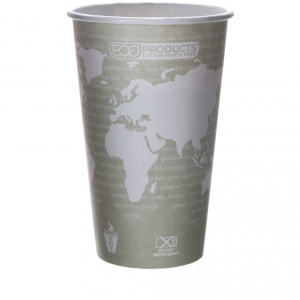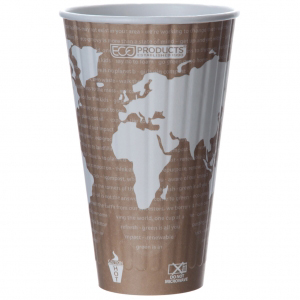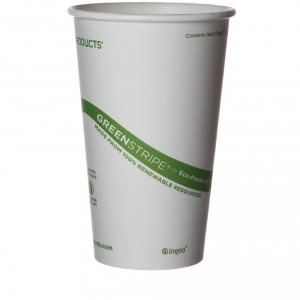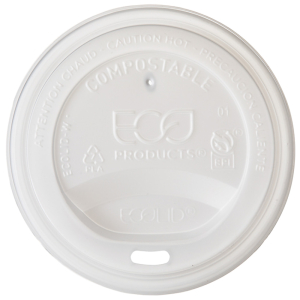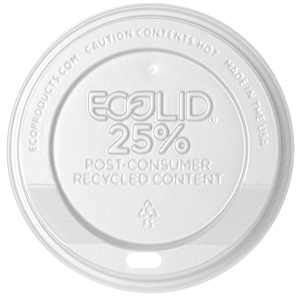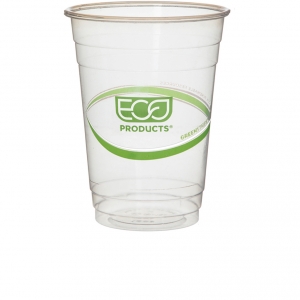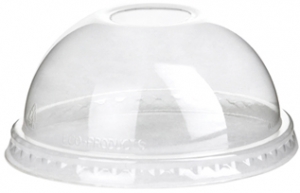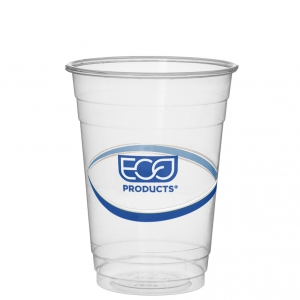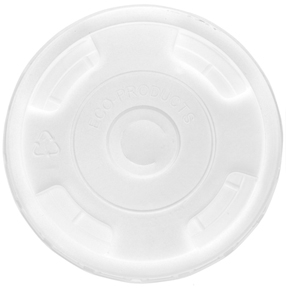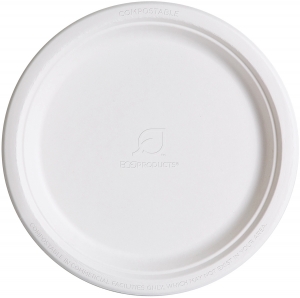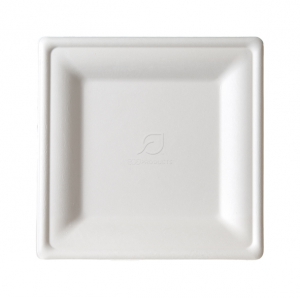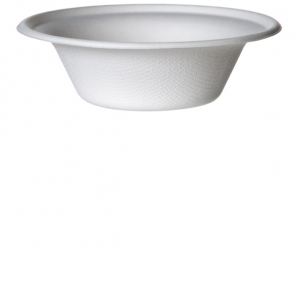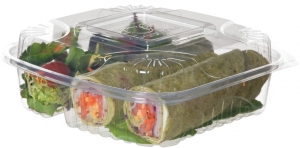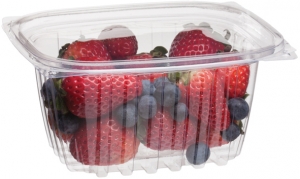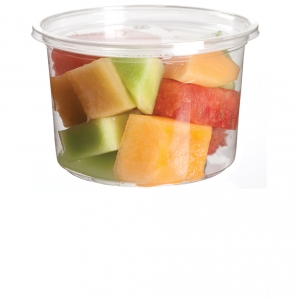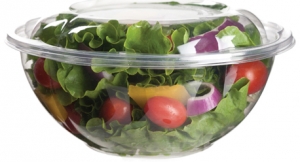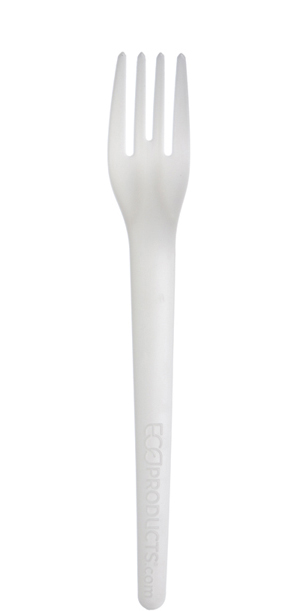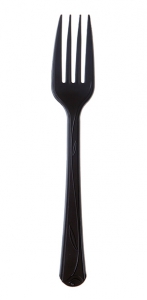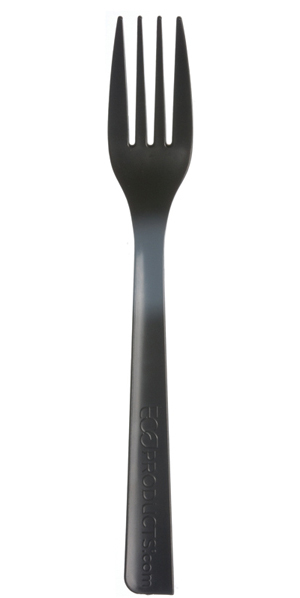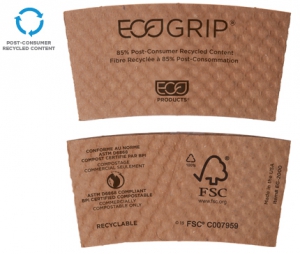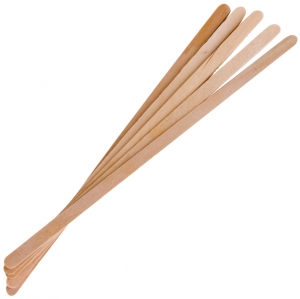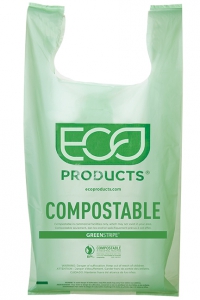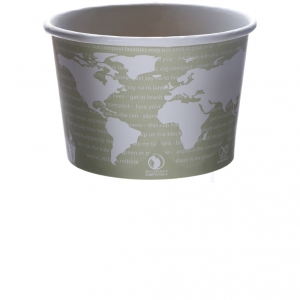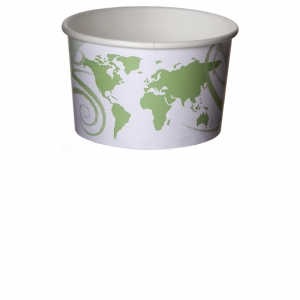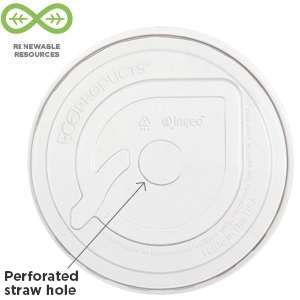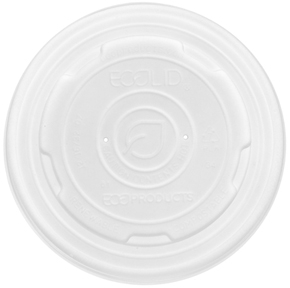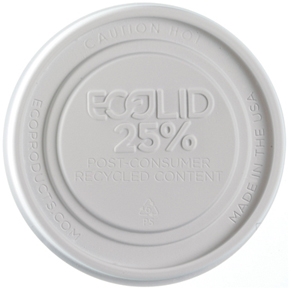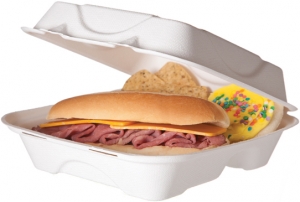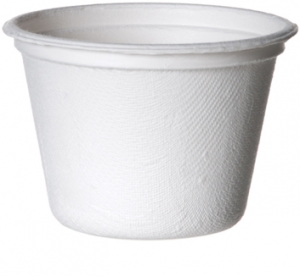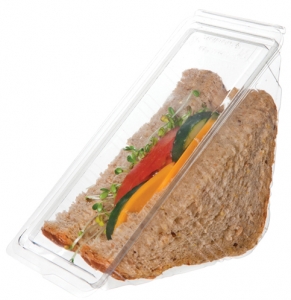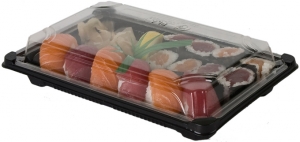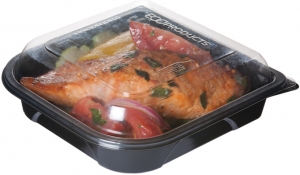|
|
|
|
|
|
|
|
|
|
|
|
|
|
|
|
|
|
|
|
|
|
Zero Waste
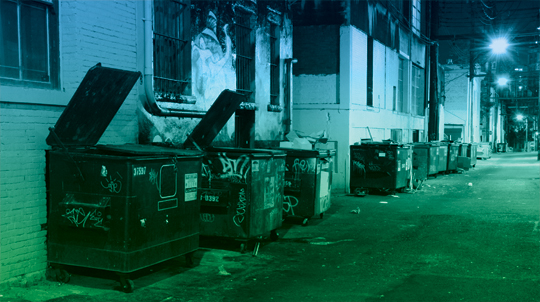
Zero waste is not simply about putting an end to landfilling. It's a philosophy and design principle for the 21st Century, and it means taking action in your own life. It also means designing products and packaging with reuse and recycling in mind. It means ending subsidies for wasting. It means closing the gap between landfill prices and their true costs. It means making manufacturers take responsibility for the entire lifecycle of their products and packaging. Aiming for zero waste is not just an end-of-pipe solution; it's an entirely new way of looking at our waste stream.
How does it work in my life?
Basically, it means thinking about waste before you create it. First of all, zero waste can be simple. Simply create less waste. Buy smart or don't buy at all, refuse extraneous packaging, even eliminate your garbage can if you can. But what if I still create some waste no matter how hard I try? Well, think about this: Used materials are more than garbage that needs to be disposed in a landfill. Instead, waste can be seen as a valuable resource. A pile of "trash" represents jobs, financial opportunity, and raw material for new, post-consumer recycled-content products. Recyclable materials and organic, compostable materials not only support recycling, but also create useful compost that can replenish soils. Smart choices about how you create waste combined with recycling and composting are the first steps towards a zero waste life.
Zero-Waste Events
Let's face it. Events, parties, and gatherings, although usually joyous, generate waste, overuse natural resources, and produce emissions. To make many events run smoothly, disposable items made from paper and plastic are sometimes necessary. Compostable materials such as PLA, sugarcane (bagasse), give you the opportunity to compost nearly all the waste produced in an event.
Learn more at ZeroWaste.org

